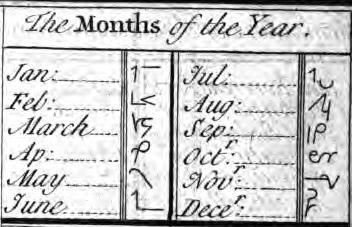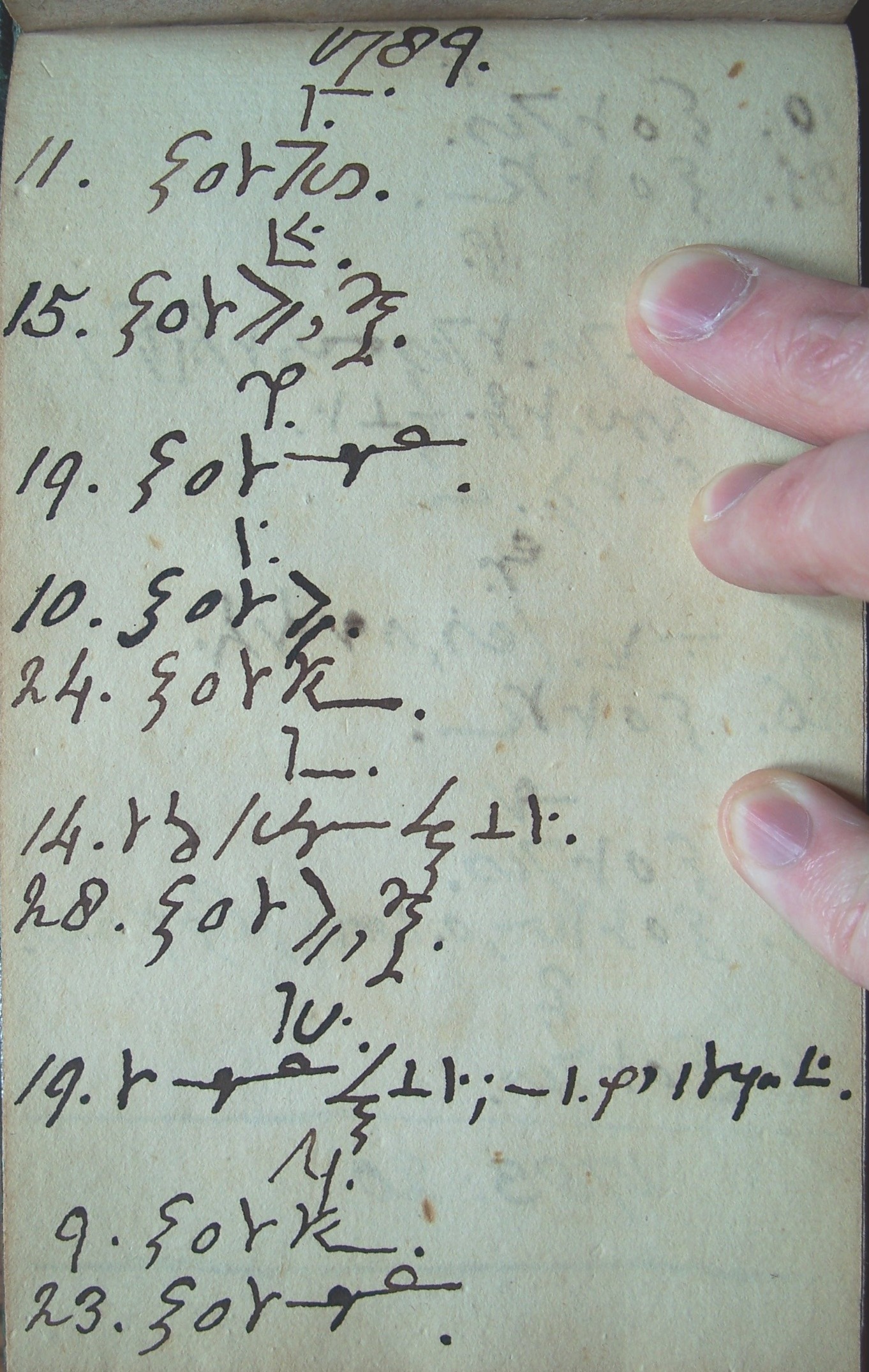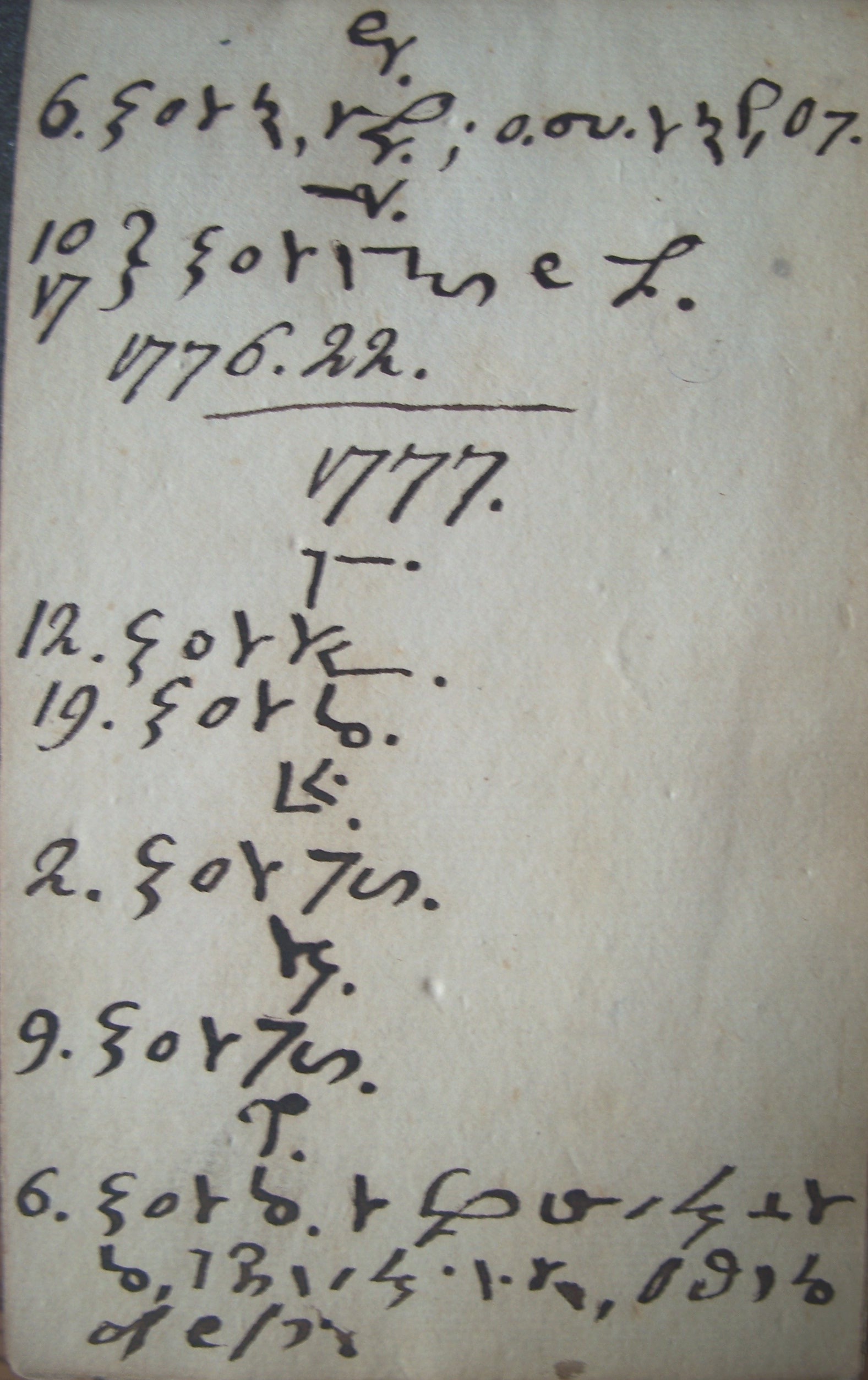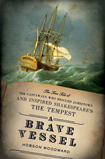By Jeremy Dibbell
The MHS awards a wide variety of research fellowships each year. Those for the 2009-2010 season were recently announced. Please pardon the lengthy list (impressive, isn’t it?). For more information about each type of fellowship, click the link in the heading.
MHS-NEH Long-Term Research Fellowships:
– Crystal Feimster, Assistant Professor, Department of History, University of North Carolina, Sexual Warfare: Rape and the American Civil War (four-month award)
– Linford Fisher, Assistant Professor, Department of History, Brown University, The Indian Great Awakening: Religion and the Shaping of Native Cultures in Early America (ten-month award; deferred to 2010-2011)
– April Haynes, Post-Doctoral Fellow, Massachusetts Historical Society and American Antiquarian Society, Riotous Flesh: Gender, Physiology, and the Solitary Vice, 1830-1860 (four-month award)
MHS Short-Term Research Fellowships:
– Karen Woods Weierman, Associate Professor, Department of English, Worcester State College, The Case of the Slave-Child, Med: The Geography of Freedom in Antebellum Boston (African American Studies Fellow)
– Mazie Harris, Ph.D. Candidate, Department of the History of Art and Architecture, Brown University, “To Feast Our Bodily Eyes”: Nineteenth-Century American Portrait Vignettes and Card Albums (Andrew Oliver Research Fellow)
– Carol Bundy, Independent Scholar, McClellan’s Visit to Boston, January 28-February 8, 1863 (Andrew W. Mellon Fellow)
– Jan Cigliano, Independent Scholar, John Hay: Genius of Diplomacy (1838-1905) (Andrew W. Mellon Fellow)
– Lindsay DiCuirci, Ph.D. Candidate, Department of English, The Ohio State University, History’s Imprint: The Colonial Book and the Writing of American History in the Nineteenth Century (Andrew W. Mellon Fellow)
– Jim Downs, Assistant Professor, Department of History, Connecticut College, Sick from Freedom: The Unexpected Consequences of the American Civil War (Andrew W. Mellon Fellow)
– Caroline Frank, Visiting Lecturer, Department of American Civilization, Brown University, Native American Enslavement in Southern New England, 1630-1730 (Andrew W. Mellon Fellow)
– Elizabeth Kelly Gray, Assistant Professor, Department of History, Towson University, Worlds of Pain: Opium and Early America (Andrew W. Mellon Fellow)
– Matt Hudock, Ph.D. Candidate, Department of History, University of Delaware, African American Colonization and Identity (Andrew W. Mellon Fellow)
– Whitney Martinko, Ph.D. Candidate, Department of History, University of Virginia, Progress through Preservation: History on the American Landscape in an Age of Improvement, 1790-1860 (Andrew W. Mellon Fellow)
– Rachel Shapiro, Ph.D. Candidate, Department of History, University of Virginia, Washington Brotherhood: Friendship and Politics in the Civil War Era (Andrew W. Mellon Fellow)
– Lori Veilleux, Ph.D. Candidate, Department of Religious Studies, Brown University, Religion, Science, and Boston’s 1832 Cholera Epidemic (Benjamin F. Stevens Fellow)
– Alea Henle, Ph.D. Candidate, Department of History, University of Connecticut, Preserving the Past, Making History: Historical Societies, Editors, and Collectors in the Early Republic (Malcolm and Mildred Freiberg Fellow)
– Matthew Hale, Assistant Professor, Department of History, Goucher College, The French Revolution and American National Identity (Marc Friedlaender Fellow)
– Jeffrey Kosiorek, Visiting Assistant Professor, Department of History, Hendrix College, The Power of Our Patriot Fathers: Memory, Commemoration, and the American Revolution in the Nineteenth Century (Massachusetts Society of the Cincinnati Fellow)
– Sara Lampert, Ph.D. Candidate, Department of History, University of Michigan, The Public Woman: Taking the Stage in Nineteenth-Century America (Ruth R. and Alyson R. Miller Fellow)
– Deborah McNally, Ph.D. Candidate, Department of History, University of Washington, Within Patriarchy: Puritan Women in Massachusetts’s Congregational Churches, 1630-1715 (Ruth R. and Alyson R. Miller Fellow)
– Derek Attig, Ph.D. Student, Department of History, University of Illinois, Race, Religion, and the Idea of America in Twentieth-Century Bookmobility (Twentieth Century History Fellow)
– Justin Pope, Ph.D. Candidate, Department of History, The George Washington University, Whispers and Waves: Insurrection, Conspiracy, and the Search for Salvation in the British Atlantic, 1729-1742 (W.B.H. Dowse Fellow)
– Richard Rath, Associate Professor of History, University of Hawai’i at Manoa, The Disenchantment of America: Mediating the Senses in the Eighteenth-Century Atlantic World (W.B.H. Dowse Fellow)
Suzanne and Caleb Loring Research Fellowship (with the Boston Athenaeum):
– Kathryn Shively Meier, Ph.D. Candidate, Department of HIstory, University of Virginia, “Under the Siege of the Blue”: Environmental Effects on Civil War Mental and Physical Health in Virginia, 1862
New England Regional Fellowship Consortium (NERFC) Awards (with 16 other institutions)*
– Elizabeth Blackmar, Professor, Department of History, Columbia University, Land, Capital, and the Ethos of Preserving Family Property
– Michael Block, Ph.D. Candidate, Department of History, University of Southern California, New England Merchants, the China Trade, and the Origins of California
– Eileen Botting, Associate Professor, Department of Political Science, University of Notre Dame, Reclaiming a Lost Text of Early American History and Political Thought: Hannah Mather Crocker’s “Reminiscences and Traditions of Boston” (Colonial Society of Massachusetts Fellow)
– Sean Harvey, Ph.D. Candidate, Department of History, College of William and Mary, American Languages: Indians, Ethnology, and the Empire for Liberty
– Alea Henle, Ph.D. Candidate, Department of History, University of Connecticut, Preserving the Past, Making History: Historical Societies, Editors & Collectors in the Early Republic
– Whitney Martinko, Ph.D. Candidate, Department of History, University of Virginia, Progress through Preservation: History on the American Landscape in an Age of Improvement, 1790-1860
– Amber Moulton-Wiseman, Ph.D. Candidate in African and African-American Studies, Harvard University, Marriage Extraordinary: Interracial Marriage and the Politics of Family in Antebellum Massachusetts (Bostonian Society/New England Women’s Club Fellow)
– Alan Rogers, Professor, Department of History, Boston College, Smallpox and Skeptics: The Battle Over Compulsory Vaccination in Massachusetts
– D. Jamez Terry, B.A. Candidate, Department of History, University of Maine at Farmington, Cultural Constructions of Charles Guiteau
– John Wong, Ph.D. Candidate, Department of History, Harvard University, Global Positioning: China Trade and the Hong Merchants of the Eighteenth and Nineteenth Centuries
– Helen York, Ph.D. Candidate, Department of History, University of Maine at Orono, Sound and Silence: Enfranchised and Disenfranchised Radio in New England
* Note: not all of the NERFC fellows will be researching at MHS as part of their NERFC award.
Teacher Fellowships:
– Richard Gallagher, Hartford Memorial Middle School, White River Junction, VT (Adams Fellow)
– Adam Zilcoski, W. L. Chenery Middle School, Belmont, MA (Adams Fellow)
– Danielle Fernandex, North Quincy High School, Quincy, MA (Swensrud Fellow)
– Sean Irwin, Boston College High School, Boston, MA (Swensrud Fellow)
– Edward Davey, Jonas Clarke Middle School, Lexington, MA (Kass Fellow)
– Charles Newhall, St. John’s Preparatory School, Danvers, MA (Kass Fellow)




 One of the items in our collections I find most intriguing is the “
One of the items in our collections I find most intriguing is the “ olume, expressed to me an opinion that it was a diary of a Clerygman, perhaps as has been conjectured, of Rev. Moses Parsons of Byfield. But the entries extend to 1799 – sixteen years after the death of that gentleman. J. Davis.”
olume, expressed to me an opinion that it was a diary of a Clerygman, perhaps as has been conjectured, of Rev. Moses Parsons of Byfield. But the entries extend to 1799 – sixteen years after the death of that gentleman. J. Davis.” I can’t resist posting a wonderful bit of good news just received this afternoon: Hobson Woodward, Associate Editor of the Adams Papers, has received the first review for his forthcoming book,
I can’t resist posting a wonderful bit of good news just received this afternoon: Hobson Woodward, Associate Editor of the Adams Papers, has received the first review for his forthcoming book,